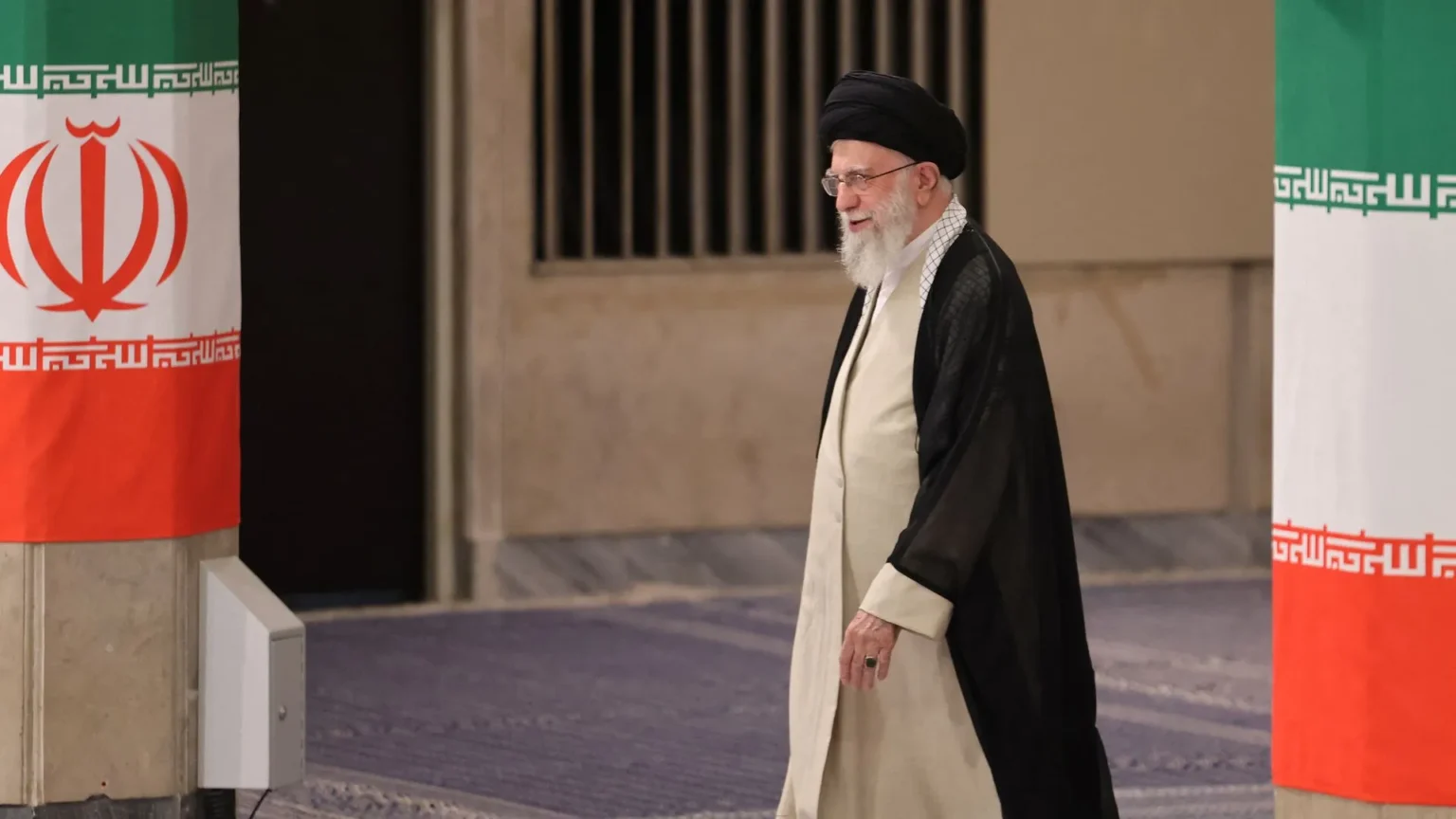Introduction
In recent days, Israeli intelligence has reportedly updated its assessment regarding the possibility of an Iranian attack on Israel. This assessment indicates that Iran might be preparing to strike within days, following the assassination of a prominent Hamas political leader in Tehran. This analysis reflects a significant shift from previous intelligence expectations and carries substantial implications for regional stability and ongoing negotiations.
Recent Developments and Intelligence Assessments
Shift in Intelligence Assessment
Israeli intelligence sources have indicated that the likelihood of an Iranian attack on Israel has increased dramatically. According to two sources with direct knowledge of the situation, the updated intelligence suggests that Iran is preparing for a direct retaliation in response to the killing of a Hamas leader in Tehran. This development is reportedly a significant departure from earlier assessments, which had suggested that Iran had not yet decided on the timing or nature of its response.
Timing and Potential Impact
The new intelligence assessment comes at a critical juncture. Talks for a potential ceasefire and a hostage deal in Gaza are scheduled for Thursday, and the updated assessment raises concerns that Iran might act before these negotiations take place. Israeli officials have described this period as a “now-or-never” moment for reaching a deal with Hamas. The timing of any potential Iranian attack could jeopardize these crucial negotiations, potentially exacerbating the ongoing conflict and complicating diplomatic efforts.
Fluid Situation
Despite the alarming nature of the updated assessment, one of the sources with direct knowledge of the intelligence emphasized that the situation remains fluid. This implies that while the current intelligence suggests a high likelihood of an imminent attack, the actual outcome may still be subject to change based on evolving circumstances and decisions by Iranian leadership.
Historical Context and Recent Developments
Past Intelligence Assessments
Over the past week, Israeli intelligence had been operating under the assumption that Iran had not yet finalized its response strategy. This earlier assessment suggested that factors such as international pressure and internal debates within Iran might influence its decision-making process. Specifically, there was speculation that Iran’s Supreme Leader, Ayatollah Ali Khamenei, might choose to delay, restrain, or minimize the response to avoid further escalation.
Iranian Statements and Responses
In a recent statement, Iran’s mission to the United Nations expressed a desire for any response to be conducted in a manner that would not undermine the potential for a ceasefire. This statement reflects Iran’s cautious approach, aiming to balance its retaliatory actions with diplomatic considerations. However, the discrepancy between this public stance and the intelligence assessments highlights the complexity of the situation and the potential for differing objectives within Iranian leadership.
Diplomatic and Military Preparations
U.S. and Israeli Coordination
Israeli Minister of Defense Yoav Gallant has communicated with U.S. Secretary of Defense Lloyd Austin regarding the situation. According to a summary of their conversation, the Iranian military preparations have prompted a significant U.S. response. The Pentagon has ordered the ballistic-missile submarine USS Georgia to the Middle East and expedited the arrival of the aircraft carrier Theodore Roosevelt. These moves are part of a broader effort to bolster regional security and deter potential Iranian aggression.
U.S. Diplomatic Efforts
The Biden administration is preparing for a week of high-stakes diplomacy aimed at preventing further conflict in the region. The administration’s efforts are focused on securing a ceasefire and addressing the hostage situation in Gaza. The outcome of these diplomatic initiatives will be crucial in determining whether the region will experience further escalation or a potential shift towards de-escalation.
Potential Scenarios and Regional Implications
Likelihood of Multi-Front Conflict
Israeli intelligence suggests that if an attack occurs, it could be part of a broader strategy involving multiple fronts. The sources indicate that Hezbollah may initiate attacks first in retaliation for the assassination of its top military commander. Following this, Iran could join the conflict with its own direct attack. Such a scenario could involve significant missile and drone strikes targeting military installations and civilian areas in central Israel.
Hezbollah’s Role
Hezbollah, a militant group based in Lebanon, is likely to play a significant role in any potential conflict. The group’s involvement could exacerbate the situation, given its history of engaging in hostilities with Israel. The anticipated attacks by Hezbollah and Iran are expected to be more extensive than the previous attack conducted by Iran in April.
Iranian Internal Debate
The internal dynamics within Iran add another layer of complexity to the situation. The Iranian Revolutionary Guards Corps (IRGC) is reportedly pushing for a more severe response than the one seen in April. However, the new Iranian president and his advisors are also considering the broader implications of escalating the conflict at this time. This internal debate could influence the final decision on the nature and timing of any retaliatory actions.
Conclusion
The updated intelligence assessments regarding Iran’s potential plans to attack Israel reflect a rapidly evolving and highly volatile situation. The timing of any potential attack could have far-reaching implications for regional stability and ongoing diplomatic efforts. As the situation develops, it will be essential to monitor both the strategic moves by the involved parties and the diplomatic efforts aimed at de-escalating the conflict.
Stay informed with our latest updates and analyses on the Middle East. Explore more in our Middle East category.


